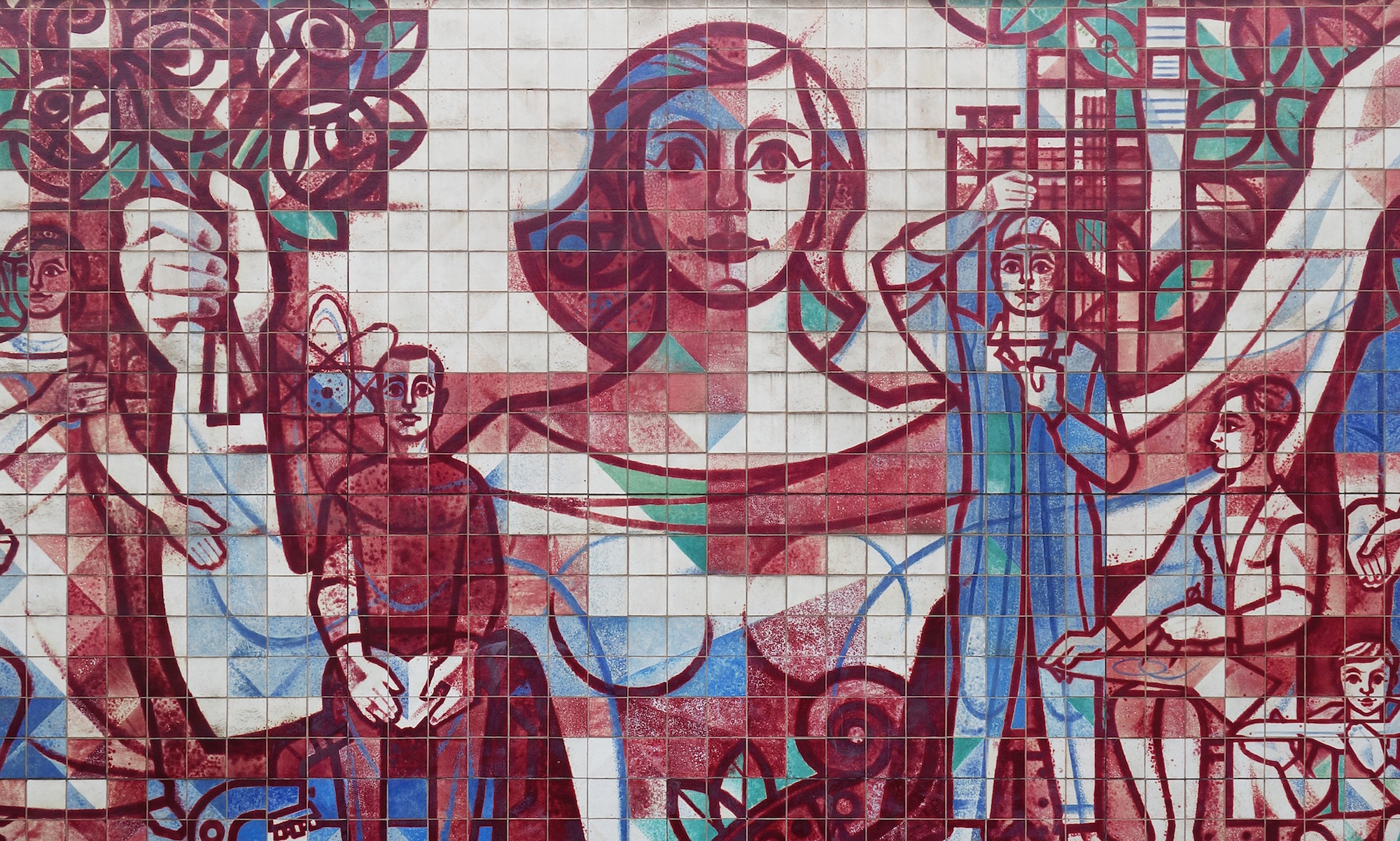
While I love cities, and always want to live and raise my children in them, I wouldn’t call myself an urbanist. Mostly because I find the typical urbanist arguments about labor, housing and education to be extremely conservative.
Pete Saunders’s blog The Corner Side Yard has been an antidote to the typical urbanist arguments for me over the past two years. When I’ve read the latest argument for supply-side housing to combat gentrification, for example, I look up what Saunders has to say on housing. Whenever the major urbanist writers are on the same page about a recent topic, I look for his take to help me put it all into perspective.
He’s taking a break from blogging, and hopefully will be back at it soon. In the meantime, catch up on all of his posts so far. Here are three of my recent favorites.
The Orthodoxy of Supply Side Urbanism: Wrong
“Relaxing zoning in cities or metro areas with a lower housing demand, which is the case for much of the Rust Belt and many low density Sun Belt cities, in my opinion would lead to a concentration of new housing development in the most in-demand neighborhoods within them, at the exclusion of other neighborhoods and suburbs. It would serve the affluent, it would be clustered, and would potentially decrease affordability and further increase inequality.”
Let’s Put an End to “Tales of Two Cities”
“I also find that many current urbanists want to put economic clothing on what is largely a sociological phenomenon. The disappearance of demand in cities is only in part economic. The pull of suburbia did indeed present new economic opportunities for many, through the late 1960s and early 1970s. But too many people seem to forget, or understate, the importance of push factors that fueled suburban growth as well. Perceptions of crime, poor schools and social unrest sent as many people out of our cities as did economic opportunity.”
Revisiting Black Urbanism
“Three years ago, in the very early days of this blog, I posed a rather provocative question — where are the black urbanists? The genesis of this question came as I looked over a list from 2009 by Planetizen of the top 100 urban thinkers, as designated by a poll. The list included many architects, landscape architects, elected officials, designers, philosophers, people from antiquity and from the present day. But the list included no African Americans.”
